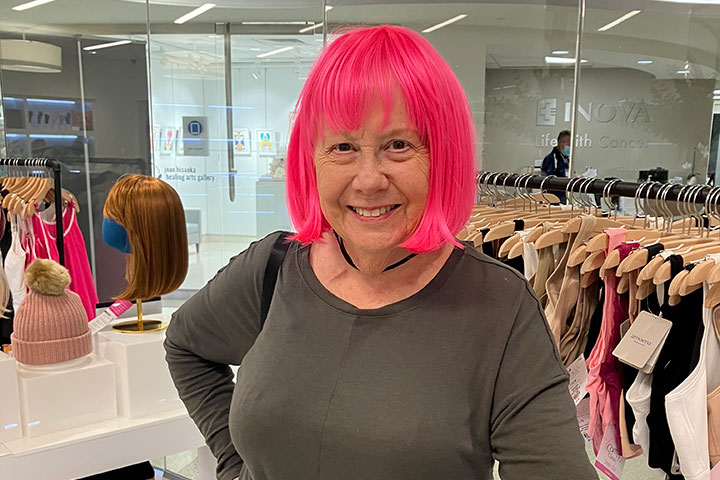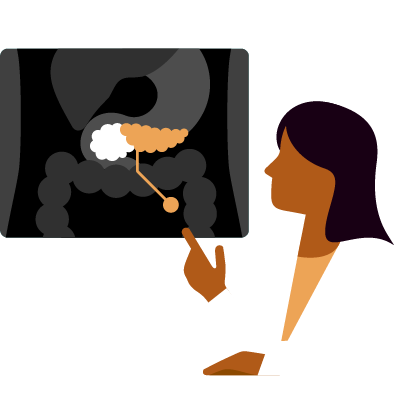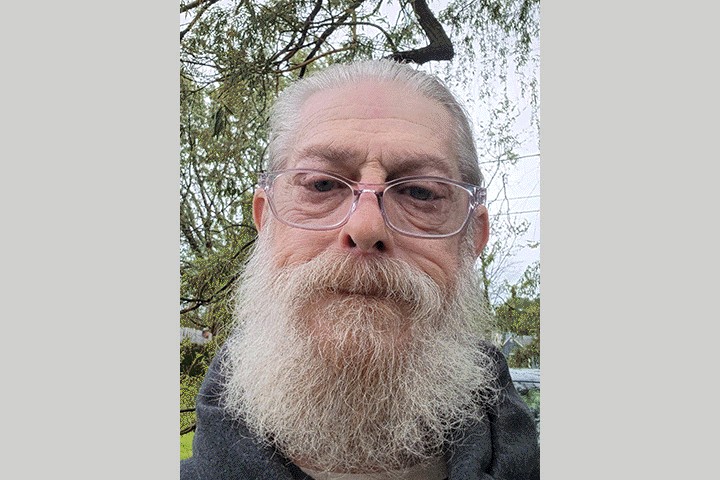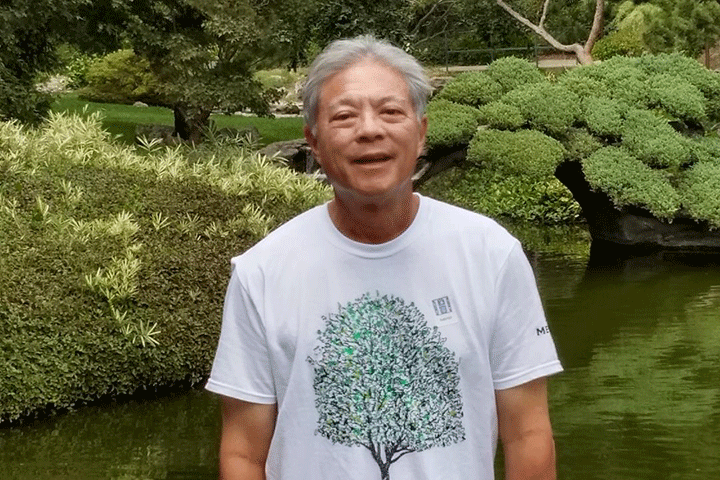Changing Course Midstream

- Stage IV pancreatic adenocarcinoma
- BRCA2 mutation
- Switching providers mid-treatment
One day I was fine, the next day I had cancer.
On July 9, 2022, I was diagnosed with stage IV pancreatic adenocarcinoma. The only symptoms I had were itchiness, light stools, and dark urine. When I went to see my doctor, he first ordered blood work and then, based on those results, sent me in for a CT, MRI, PET, and ERCP. I really didn’t think I’d end up with cancer, but here I am.
Living With Side Effects
I started treatment at a local hospital. My care team and I put a plan in place that focused on Abraxane (paclitaxel) and gemcitabine (Gemzar) chemotherapy. I learned to live with the side effects, which for me included fatigue and jaw pain.
Although I was responding to the treatment I felt as if the oncology team there treated me as if I were already dead. In addition, I felt that they were constantly questioning what I knew they’d told me before, even though I had notes from my daughter, who was listening to all the visits. I decided to take a chance and went to a big hospital for a consult, but I did not like it there either.
People in my support group recommended Dr. Raymond Wadlow at Inova Schar Cancer Institute, in Fairfax, Virginia, not far from my home in Falls Church. I’ve been extremely pleased with the very patient-centric care at Inova. It was very hard, and counterintuitive, to change doctors when my treatment seemed to be working but support group members made me realize that it was something I had to do for my own mental health.
Dr. Wadlow did not change my treatment protocol because it was working. But he did genetic testing and found I have a BRCA2 mutation, which meant a different treatment would work even better for me. Dr. Wadlow left me on the first treatment until it became too toxic. After a chemo holiday, he put me on FOLFIRINOX, the treatment recommended by the genetic testing, and I have done even better on that one. I have done so well that I’m being put on oral maintenance medication, starting in mid-October.
Since My Diagnosis
It’s been more than a year since my diagnosis and it feels good to report that my tumors have shrunk, although the scans still show cancer. I continue living my life as best I can, plugging along, and fitting in some patient advocacy for medical aid-in-dying, in my home state of Virginia, when I can. I’m also advocating for more education of doctors on the use of cannabis by cancer patients and the possible interactions with prescription drugs.
I have lots of advice for others who have been newly diagnosed.
- Seek new doctors or new treatment locations if you’re not treated as you think you should be. My original team treated me as if I was a lost cause, and that felt terrible. I thought it was a bad idea to change midstream during treatment but it quickly proved to be the best thing I could have done. With Dr. Wadlow I’ve had a very positive experience. Switching my doctor and care team brought my stress level significantly down, and that is a big factor in beating this disease.
- Don’t be embarrassed by your condition. It’s not shameful, so talk about it! We’re all so accustomed to being competent in everything we do that we don’t want to admit to having needs.
- Talk to family and friends about what you’re experiencing. The only way they can support you is if they’re aware of what’s happening. People want to help! Often they don’t know what is needed so they hang back so as not to bother you. Be upfront and tell them.
Ultimately, I like to stress to everyone how important it is to open up to others. If you open up to them, you’ll be amazed at what comes back to you.
Two years after her diagnosis of stage IV pancreatic cancer, Barbara’s life ended. She advocated for herself for better treatment, and she advocated for medical aid in dying. We offer our deepest condolences to her family and friends.







